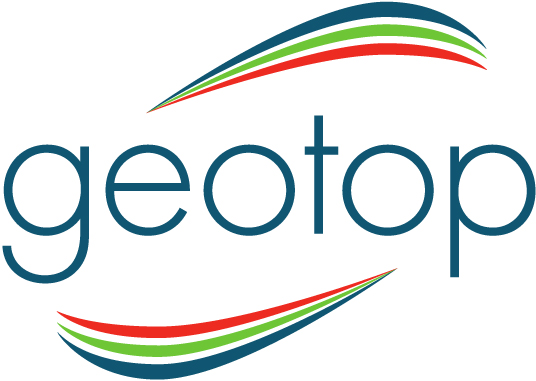Director : Daniele Pinti
Lab manager : André Poirier
Technician : Julien Gogot
Contact : poirier.andre [at] uqam.ca (poirier[dot]andre[at]uqam[dot]ca)
Ph. : 514-987-3000 ext. 1718
Fax : 514-987-3635
Geotop-UQAM
201 Président-Kennedy Ave., 7th floor
Montréal, QC
H2X 3Y7
Canada
IMPORTANT
Safety in our working environment and in our laboratories is of utmost importance. For this reason, the following basic rules must be followed by all users:
- WHMIS training on laboratory safety is mandatory for all users to access the laboratories.
- Training specific to the handling of hydrofluoric acid (HF) is mandatory for anyone using this product.
- Personal protective equipment must be worn when handling hazardous materials.
- The transportation of hazardous materials between laboratories through corridors must be done in a manner that is safe for everyone at Geotop.
- The use of common instrumentation must be done adequately in order to limit the risks of damage.
- Any new analytical protocol (or change to old protocols) must be validated by the laboratory manager.
- Any training of new users must be done through the official laboratory managers.
- The following rooms are part of the Non-Traditional and Radiogenic Stable Isotope Laboratory: PK-7280, PK-7323, PK-7324, PK-7380, PK-7390, PK-7453, PK-7480, PK-7482, PK-7753, PK-7755, PK-7758, PK-7760, PK-7765, PK-7770, PK-7780, PK-7928, CB-S2420, CB-S2425, CB-S2435, CB-S2445.
Access to the laboratories may be revoked for any user who does not comply with the above guidelines.
The following mineral dating and isotopic signature methods are used in the laboratory: Rb-Sr, Sm-Nd, Lu-Hf, Re-Os, Pb-Pb and U-Th-Pb. Instrumentation comprises magnetic sector mass spectrometers, in which ionization is made by vacuum heating (TIMS) or by inductively coupled plasma (magnetic sector ICP-MS).
Along with the spectrometers, a complete sample preparation infrastructure is available at Geotop (saws, grinders, shaking table, etc.). Binocular microscopes, magnetic separators (Franz), heavy liquids, high-temperature ovens and class 100 laboratories (including 4 clean rooms dedicated to different purposes) allow recovering rock minerals, digesting them and purifying chemical elements of interest from the matrix.
Radiogenic Isotope Geochemistry Laboratory
 |  |  |  |  |
| Magnetic separator | Preparation lab (fume hoods, ovens) | Clean room (reagent distillation) | Clean room (chemistry laboratory) | Clean room (scale and micro-balance) |
Thermal Ionization Mass Spectrometry (TIMS) Laboratory
 |  |
| VG-Sector 54 | Triton Plus |
Plasma Source Spectrometry Laboratory
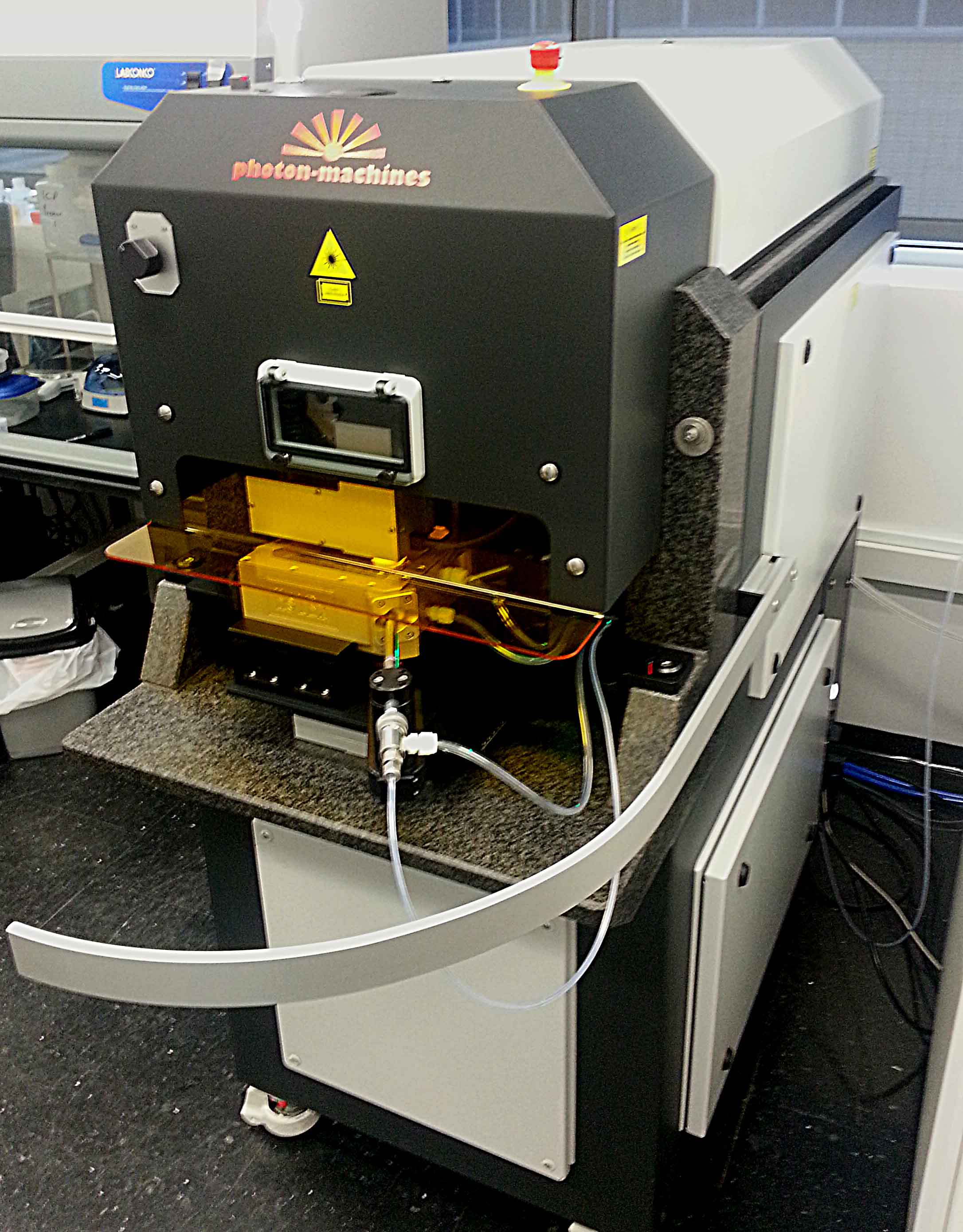 | 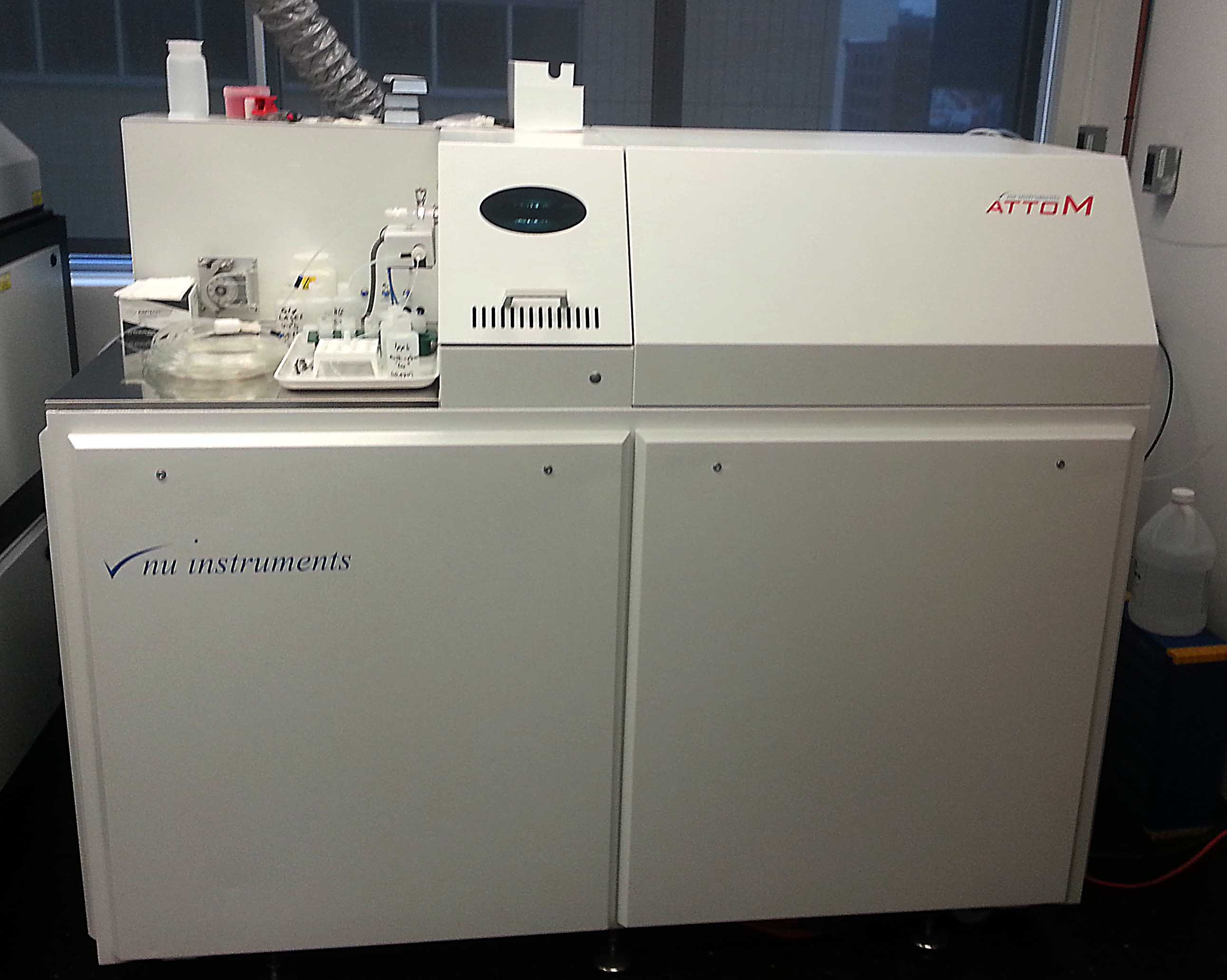 | 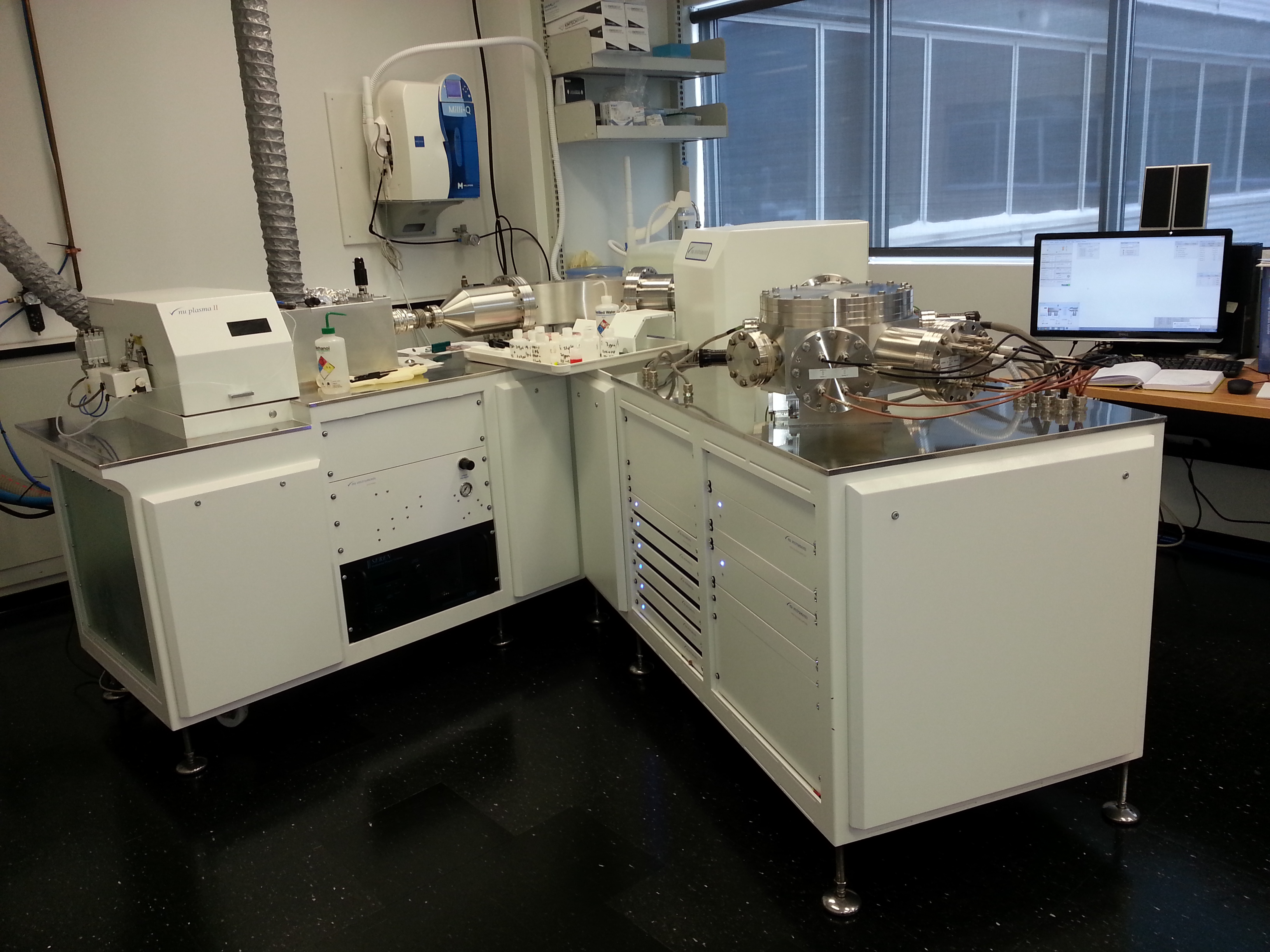 |
| Système d’ablation laser Photon Machine G2 | Nu AttoM | Nu Plasma II |
Scanning Electron Microscopy Laboratory
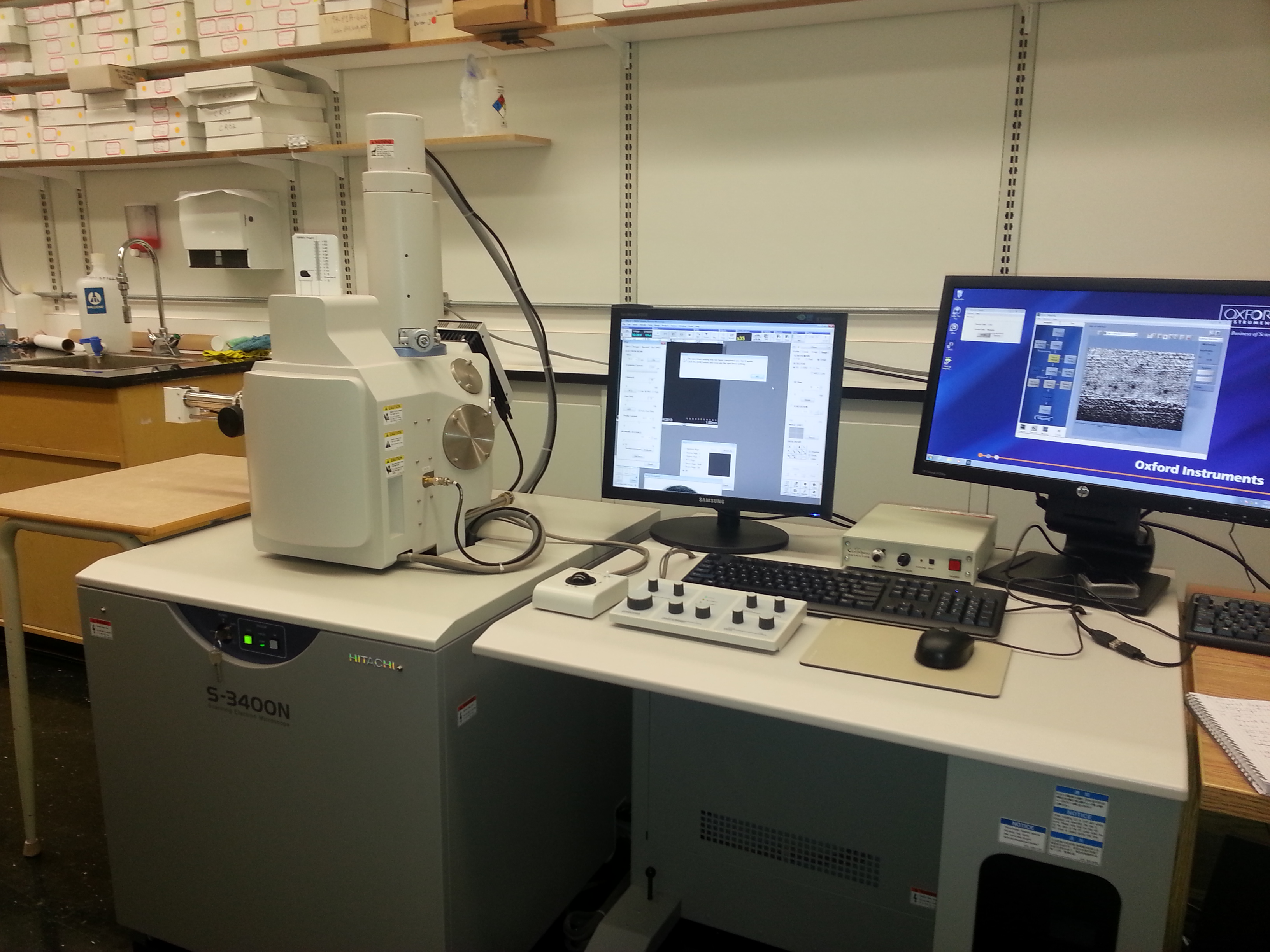 |
| Scanning electron microscope |
Internal student* : 65$/sample.
Others: contact André Poirier.
* Internal student: regular Geotop member & the student does the work
Complete purification of the chemical element to be analyzed by ion-exchange resin chromatography, by liquid-liquid extraction, or any other technique ensuring a minimal residue of the original matrix elements (organic matter or major ions).
*The optimal technique depends on the matrix and element of interest (see with André Poirier)
